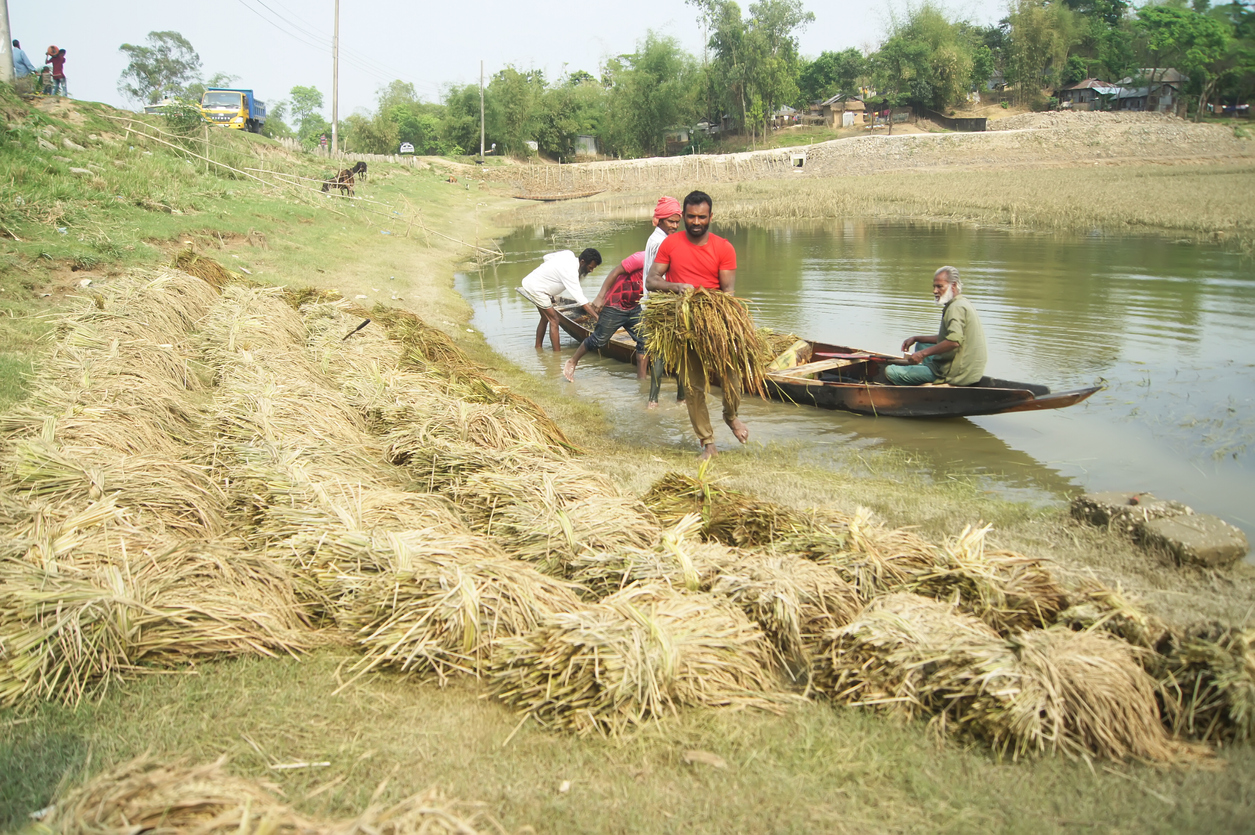The area covered under the sowing of the Rabi crop in the ongoing season has gone up to 428.28 hectares as on December 2 up from 411.8 lakh hectares, according to data released by the Ministry of Agriculture on Monday.
The increase in the sown area augurs well as it is expected to result in higher food production and spur growth.
Advertisement
The area under wheat sown in the current season has shot up to 200.35 lakh hectares compared to 187.97 lakh hectares during the corresponding period of last year.
There has also been an increase in the area under pulses to 108.95 lakh hectares compared to 105.14 lakh hectares in the same period last year.
The area under Shri Anna & Coarse Cereals such as millets has been reported at 29.24 lakh hectares, up from 24.67 lakh hectares during the corresponding period of last year.
The Rabi crops are sown during the winter season and harvested during the summer. The government had announced the minimum support prices for these crops well in advance so that farmers could plan their sowing in time.
There was a sharp increase in the price of pulses in order to encourage higher production of the crop which has been in short supply and fuelled inflation.
It appears that the increase in area under pulses is in response to the high prices that are being offered for the crop.
According to the Finance Ministry’s latest monthly report, looking ahead, food inflation is to ease while the growth outlook for the economy is “cautiously optimistic” for the coming months as the agricultural sector is likely to benefit from favourable monsoon conditions, increased minimum support prices and adequate supply of inputs.
Amid a clouded global background, and after a brief period of softening momentum over the monsoon months, many high-frequency indicators of economic activity in India have shown a rebound in October.
These include indicators of rural and urban demand and supply side variables like Purchasing Managers’ Index and E-way bill generation, the report states.









